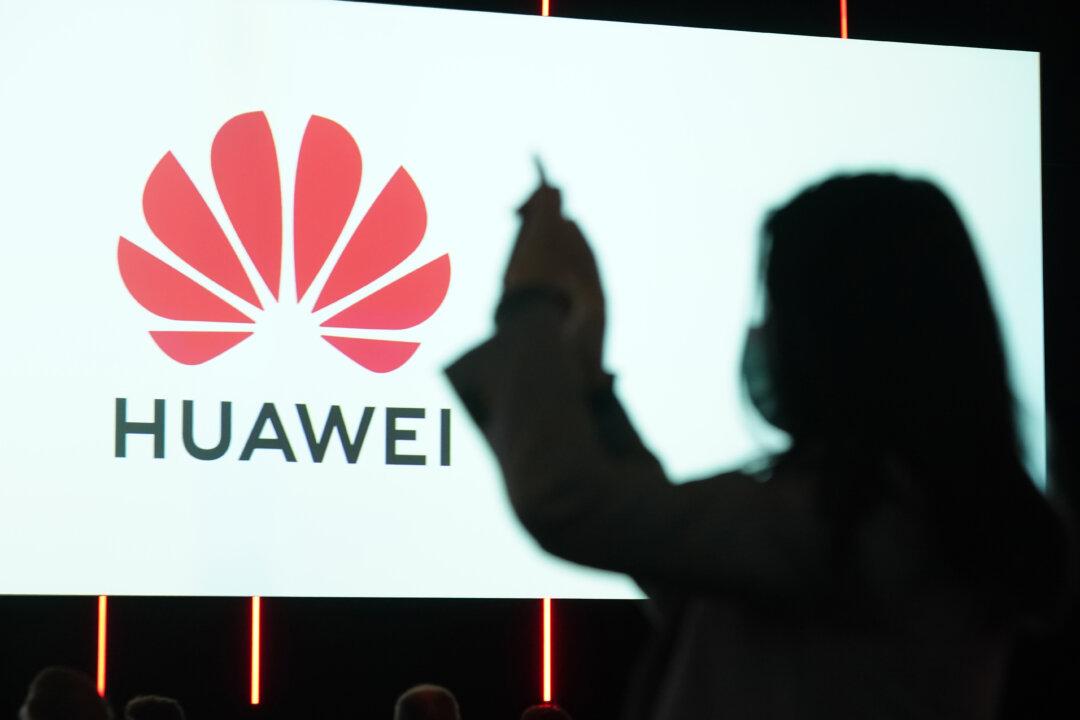The Senate on Thursday voted unanimously to pass a bill that would prevent companies deemed as security threats—such as Chinese state-backed firms Huawei and ZTE—from being granted new equipment licenses from U.S. regulators.
Specifically, the Secure Equipment Act of 2021 would prohibit the Federal Communications Commission (FCC) from both reviewing and issuing new equipment licenses to companies on its “Covered Equipment or Services List“ that pose a national security threat.




